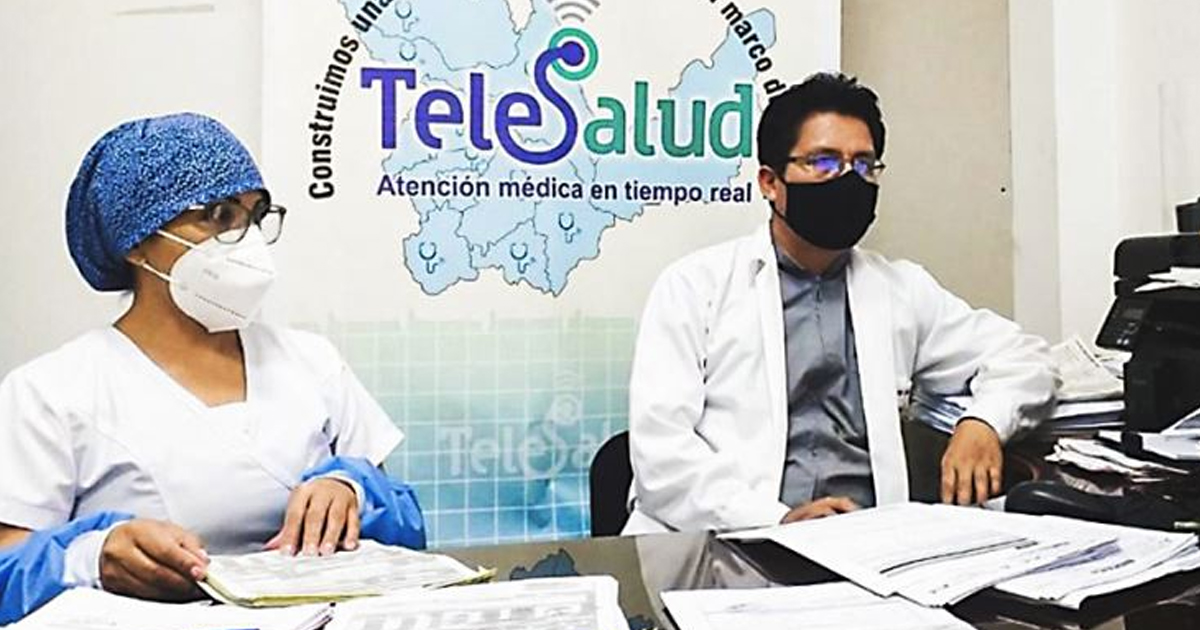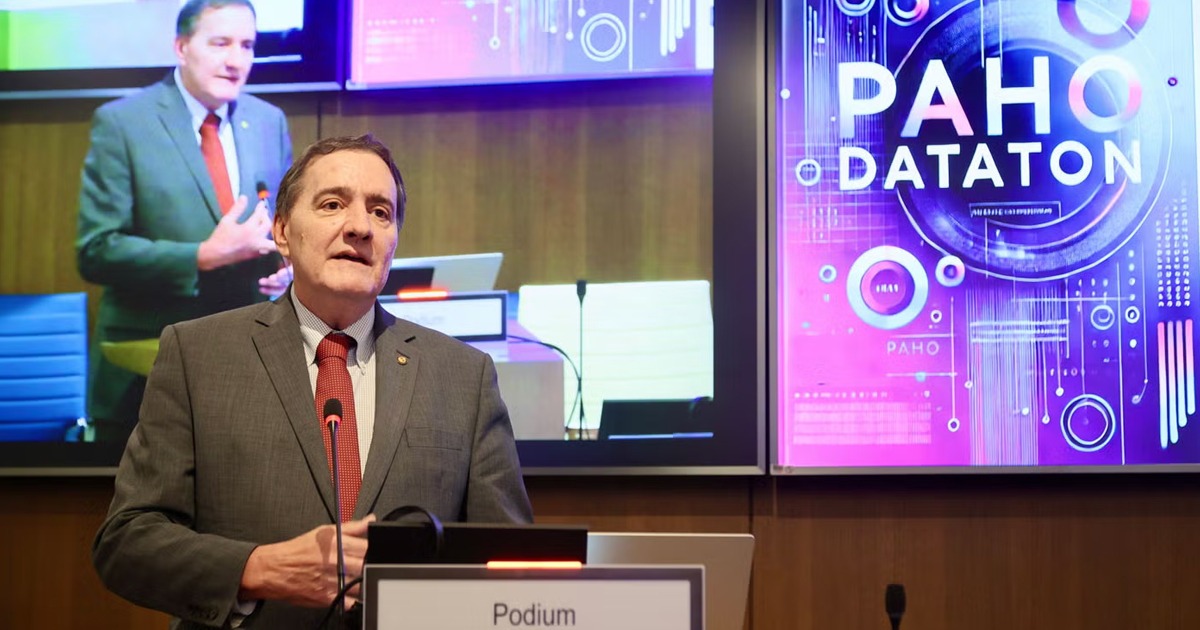Alzheimer's Research UK is leading this project that seeks new alternatives for the detection of neurodegenerative diseases.
The objective of this initiative is the large-scale analysis of data on neurodegenerative diseases, in order to detect specific characteristics of these and provide an early diagnosis.
The Initiative for early detection of Neurodegenerative Diseases (EDoN), promoted by Alzheimer's Research UK, seeks to join forces with data science organizations for clinical and degenerative research and thus analyze clinical and digital data such as sleep hours or speak patterns, in order to understand fingerprints of diseases such as Alzheimer's.
According to data from the organization, there will be 152 million Alzheimer's patients by 2050, so it is necessary to promote projects that seek early detection of neurodegenerative diseases.
Carol Routledge research director at Alzheimer's Research UK said that " Developing digital fingerprints that can be detected using phone apps or wearable technologies like smart watches would provide a low-cost approach to identifying those most at risk of disease".
According to their research, 85% of adults in the UK would agree to take a test to see if it is at an early stage of the development of diseases like Alzheimer's, even before symptoms appear.

Using this method, seeks to curb disease before symptoms affect the patient's way of life.
This initiative is part of a UK government's Accelerated Disease Detection programme, which involves the use of Artificial Intelligence, to transform disease diagnoses.
WEARABLE TECHNOLOGIES
INFOSALUS
BBC





